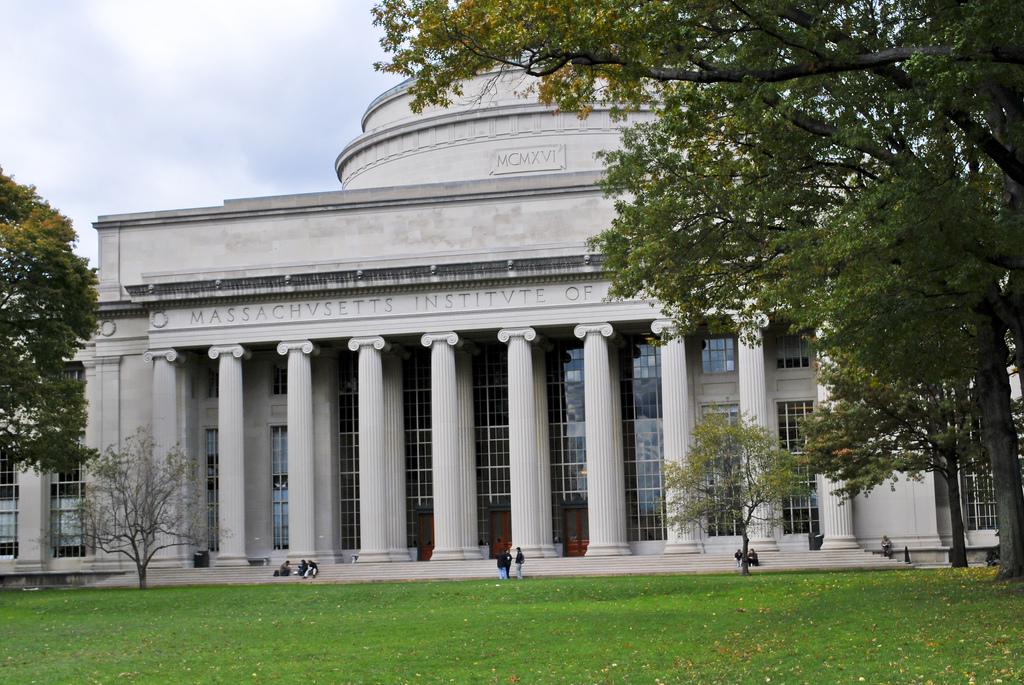The Massachusetts Institute of Technology revealed a 5 year plan to combat climate change this week, but have failed to address growing pressures to divest from fossil fuels. As more universities and large corporations face pressure to decrease their environmental impact, MIT has responded with a plan that it claims will address climate change effectively in a three step process.
The University revealed the plan after a year long community and student consultation process, which sought to gather opinions on climate action around the campus.
MIT has been urged by student groups like Fossil Free MIT to divest their billion dollar investments in the fossil fuel industry in order to decrease support for the heavily polluting industry.
The climate action plan is said to be seeking $300 million in funding for the various areas of research and development planned for the next 5 years.
MIT Will Not Divest From Fossil Fuels
Interestingly the plan included an assertion that MIT would not divest the $12.4 billion it currently has invested in fossil fuel companies.
The announcement came with acknowledgement of consultation with the MIT community and student activist group Fossil Free MIT, concluding that all groups agreed upon “a shared goal of meaningful climate action”.
While agreeing to the “catastrophic outcomes” that could result from current carbon emissions, MIT argued “maintaining ties” with the fossil fuel industry was the best way to influence their behaviour.
MIT president L Rafael Reif said “we choose not to divest from fossil fuel companies because we think engagement stands the greatest chance of success”.
A strong movement for fossil fuel divestment has been seen in institutions around the world, but many investors are remaining adamently against divestment..
Reif argued that divestment would “retard rather than encourage the open collaboration and ability to hear new ideas that are central to our research relationships… our ability to inform the thinking of those with opposing views”.
Student activists and climate groups, however, have maintained that divestment is the only solution to reduce global carbon emissions and a hard line approach will be the only way to influence coal and oil companies that are driving climate change.
MIT student Geoffrey Supran stated that “MIT has put money before morals its students’ futures today, choosing to side with Big Oil and the Kochs instead of the thousands of students, staff, faculty, and alumni calling for divestment”.
MIT’s loyalty to their fossil fuel investments has come amid controversy surrounding the deeper harms being done by fossil fuel companies, such as ExxonMobil’s decades long concealment of knowledge on climate change and continuation of environmental degradation despite this knowledge.
MIT’s Plan For Action On Climate Change
In media releases this week, MIT claims that the “multi-faceted five-year plan” represents the institutions commitment to an issue that “demands society’s urgent attention”.
The action plan further stated that “the world needs an aggressive but pragmatic transition plan to achieve a zero-carbon global energy system”.
Including key strategies, MIT will implement 8 new research centres, educational programs, tools to share their knowledge globally, the reduction of carbon use on their campus in Cambridge, MA.
The plan will then follow a three step process: first addressing research; then addressing policy, economic incentives and implementation; and finally it will look at technology and the future outlook to achieve sustainable goals.
MIT pressed that a price on carbon has been highlighted as essential in the fight against climate change.
Photo courtesy of <a class=“owner-name truncate” title=“Go to Wagner T. Cassimiro “Aranha”’s photostream” href=“https://www.flickr.com/photos/wagnertc/" rel=“nofollow” data-track=“attributionNameClick” data-rapid_p=“35”>Wagner T. Cassimiro



